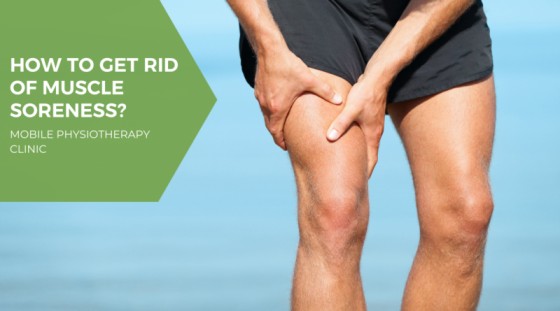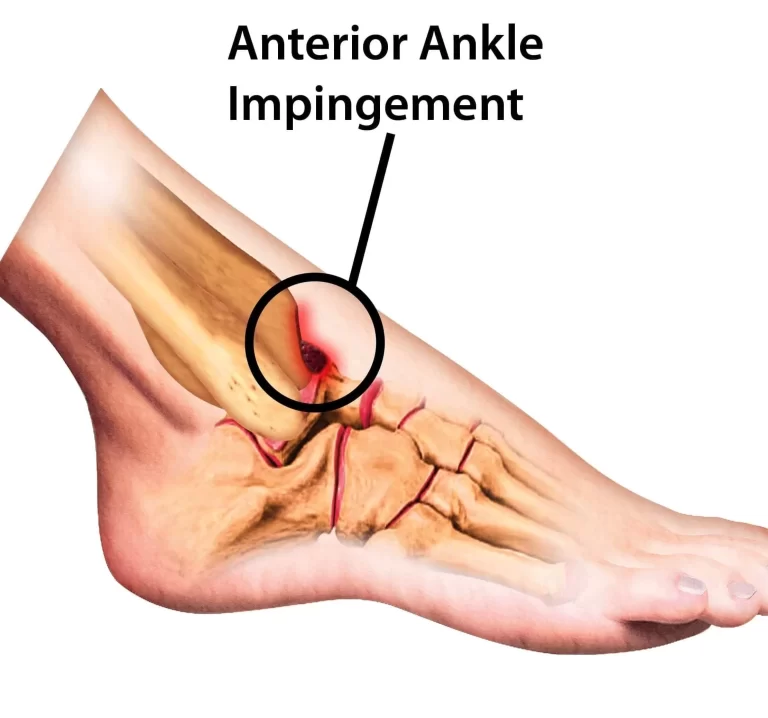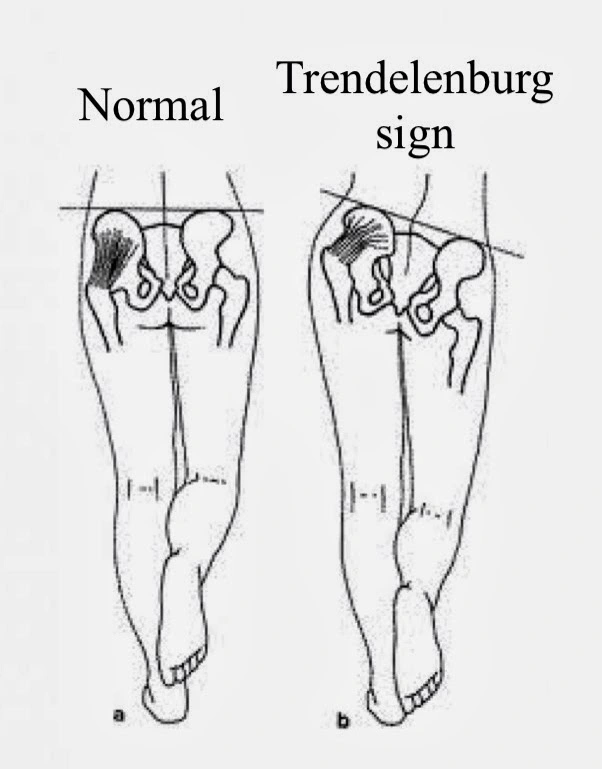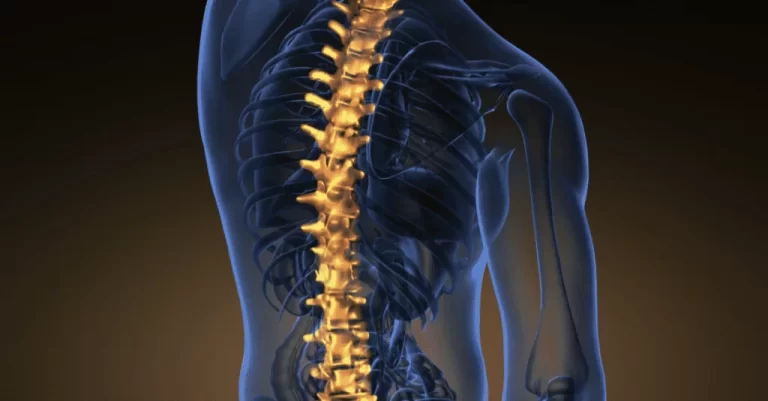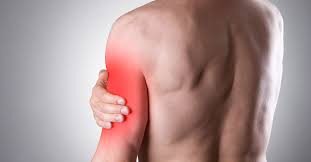The Causes Of Muscle Soreness
Introduction
Muscle soreness, often referred to as delayed onset muscle soreness (DOMS), is a common phenomenon experienced by individuals after engaging in physical activity or exercise. This sensation of discomfort and pain in the muscles typically emerges a day or two after the exercise session and can last for several days.
Understanding the causes of muscle soreness is essential for athletes, fitness enthusiasts, and anyone seeking to manage and alleviate this temporary discomfort.
What is Muscle Pain?
Myalgia, often known as muscle pain, is a symptom of injury, infection, illness, or other health issues. You could experience occasional stinging or persistent, debilitating discomfort. While some persons only have localized muscular discomfort, others experience generalized pain. Everyone experiences muscular soreness differently.
Who might get Muscle Pain?
Everyone can have muscular soreness, regardless of age or gender. You could suffer delayed-onset muscle soreness (DOMS) when you alter your exercise regimen or try a new physical activity. Muscle aches may begin to manifest six to twelve hours after working out and may continue for up to 48 hours. You experience pain while your muscles recover and become
What different signs and symptoms can accompany Muscular Pain?
Besides muscular soreness, you could also experience:
- Joint stiffness.
- Muscle pain.
- Muscles cramping and stiffness
What causes discomfort in Muscles?
The following are the most typical causes of muscular pain:
Stress
The body has a tougher time fighting off illness while under stress. People who are anxious and unwell may have muscle pains as their bodies attempt to protect themselves from an infection or inflammation.
Stress symptoms include:
- Heart palpitations or an accelerated heart rate
- High blood pressure
- Headaches,
- Trembling,
- Chest discomfort,
- Feeling out of breath or hyperventilating
- By practicing relaxation methods and avoiding stressful circumstances wherever appropriate people are able to combat stress.
A deficiency of nutrition
A person who is not getting sufficient nutrition from their diet may develop muscle aches and pains.
Vitamin D is particularly important for ensuring that the muscles function properly. Hypocalcemia can result from a lack of vitamin D.
Low blood calcium levels, or hypocalcemia, can impact not just the muscles but also the bones and other organs.
Dehydration
Muscle soreness might be a sign of dehydration.
The body may soon start to shut down if not given enough fluids, therefore drinking enough water is essential to maintaining optimal function. Dehydration complicates essential bodily functions including breathing and digestion.
People need to be conscious of how much water they use. Six to eight glasses of water each day are advised. A person has to drink more than this if the heat or exertion makes them sweat more than normal.
A sprain or a strain
Muscle pain and discomfort can result from strains, sprains, and other conditions.
If a portion of the body is hurt, people may notice that it gets sore and stiff. Muscle aches can also result from pulling muscles.
A person should relax, use over-the-counter (OTC) painkillers, or apply heat packs to reduce the symptoms of some sprains and strains even if they don’t necessarily require medical attention.
However, if the injury is causing intense discomfort, restricting normal mobility, or not getting better with time, it is advisable to make an appointment with a doctor.
Difficulties in sleep
Without enough sleep, the body might experience fatal consequences.
When a person does not receive enough sleep, their muscles may ache because sleep helps the body to relax and recover.
People who don’t get enough sleep may also feel fatigued and sluggish. It may impair a person’s capacity for thinking clearly and make it more difficult for them to do routine chores.
A lot of physical activity
Exercise overuse might result in rigid, painful muscles.
When exercising, the following things might make someone more prone to experiencing muscular soreness and aches:
- Not having ever exercised
- Attempting a new exercise routine practicing longer or more vigorously than usual
- Not adequately warming up or stretching
- Illnesses, genetic disorders, and infections
Muscle pains can be brought on by a wide range of medical conditions. The most typical conditions that have an impact on the muscles include:
- Anemia
- Arthritis
- Chronic fatigue syndrome
- Claudication
- Dermatomyositis
- Influenza, known as flu
- Fibromyalgia
- Lupus
- Lyme disease
- Multiple sclerosis (MS)
- Pneumonia
- Mononucleosis, often called mono
Also,
Muscle discomfort can result from a variety of factors, such as:
- Autoimmune diseases.
- Infections.
- Injuries.
- Medications.
- Neuromuscular disorders.
Which autoimmune conditions result in muscular pain?
When the immune system of the body unintentionally attacks itself, autoimmune disorders develop. A healthy immune system is capable of fighting off infections and germs. Muscular soreness can be brought on by any of the following autoimmune conditions:
- Polymyositis and inclusion body myositis are two examples of inflammatory myopathies.
- Lupus.
- Multiple sclerosis (MS).
Which forms of infections create pain in the muscles?
If you have a viral or bacterial infection, you might have extensive discomfort. Depending on the reason, you can also have fever, swollen lymph nodes, and nausea.
Muscle pain is sometimes brought on by any of the following infections:
- Flu and colds.
- Lyme disease and Rocky Mountain spotted fever are two illnesses brought on by tick bites.
- Malaria.
- Trichinosis (a foodborne illness).
What kinds of injuries result in muscular pain?
If you use the same muscles repeatedly at work or during exercise, you face the risk of getting painful muscles from overuse.
Other injuries that cause sore muscles include the following:
- Abdominal strains
- Back strains and sprains
- Broken bones and traumatic injuries
- Myofascial pain syndrome from repetitive movements (overuse)
- Tendinitis
- Tendinosis
Which medicines cause muscle discomfort?
Certain medications and therapies may cause discomfort over the long or short term. Some drugs cause myositis, an inflammation around muscle cells, or they activate pain receptors in the muscles. These remedies consist of:
- Chemotherapy and radiation therapy are cancer therapies.
- Medications that lower blood pressure, such as ACE (angiotensin-converting enzyme) inhibitors.
- The use of statins to decrease cholesterol.
What neuromuscular conditions induce discomfort in the muscles?
Neurological conditions that affect the muscles and the nerves that control them. They might cause soreness and weakening of the muscles. These circumstances include:
- Muscular dystrophy.
- Myasthenia gravis.
- Spinal muscular atrophy (SMA).
What additional issues might result in muscular pain?
Muscle soreness can also be caused by the following medical conditions:
- Leukaemia (a kind of blood cancer) and sarcomas (soft tissue tumours) are examples of malignancies.
- A persistent tiredness syndrome.
- Compartment syndrome, when muscles expand as a result of stress.
- Fibromyalgia.
- Imbalance of electrolytes (blood minerals include sodium, potassium, calcium, and magnesium).
- Hypothyroidism (thyroid that is underactive).
- PAD, or peripheral artery disease.
Treatment and care
Your doctor may recommend testing if you don’t know what’s causing your muscle discomfort, it’s severe, or it’s been going on for a while, like:
- Testing for infections and monitoring the levels of enzymes, hormones, and electrolytes in the blood.
- Use an MRI or CT scan to look for any injuries or damage to the muscles.
- The electrical activity of nerves and muscles may be seen using the method of electromyography.
- By examining the muscle tissue for alterations, a muscle biopsy can be used to screen for probable neuromuscular diseases.
When do I need to consult a doctor right away?
If any of the following occur, kindly contact your healthcare professional right away:
- Pain in the chest.
- Fever.
- Bladder control loss.
- Muscular weakness
- A new or intensifying pain.
- Tingling or numbness in the limbs.
Muscle discomfort at home: Home remedies
Home remedies can frequently be used to treat pains brought on by stress, overexertion, or small accidents.
Many patients find that the R.I.C.E procedure, which comprises the subsequent stages, can help them control their symptoms:
Rest: Give the injured region some rest and stop doing whatever you were doing that harmed you.
Ice: For assistance with pain relief and swelling reduction, use an ice pack or a bag of frozen peas. Apply ice to the area for 15-20 minutes each time, three times a day.
Utilize a compression bandage to aid in edema reduction.
Elevation: To reduce inflammation, elevate the feet if at all feasible.
- Other beneficial natural therapies are:
utilizing over-the-counter painkillers, gently improving the injured muscles, and taking part in stress-reduction exercises like yoga and meditation
Summary
People who take the following steps may be able to avoid developing uneasy muscles as a result of tension, stress, and demanding physical activity:
- Stretching before a workout
- Regular exercise to maintain muscular tone
- Exercising in the morning and cooling off in the evening
- If you’re going to be sitting for a while, take regular breaks.
Most causes of muscle discomfort are mild, but if it lasts for a long time, medical treatment may be required.
FAQs
What is the leading cause of muscle soreness?
You run the danger of developing painful muscles from overuse if you use the same muscles frequently at work or during exercise.
How do I get rid of muscle soreness?
These seven suggestions for easing aching muscles:
Be active. Unbelievably, exercising your muscles is one of the finest methods to relieve pain.
Make sure you warm up.
Enter a new fitness regimen gradually.
Take a salt bath to relax.
Take an anti-inflammatory drug.
Make time for rest and rehabilitation.
Use a split-day schedule.
Why am I so sore for no reason?
Overusing muscles is the main cause of body discomfort. However, if you have an infection like the flu, your body may hurt. Additionally, some drugs, chronic illnesses like fibromyalgia, or autoimmune diseases like polymyalgia rheumatica might contribute to it.
Is muscle soreness normal?
Muscle soreness post workout
Following exercise, it’s typical to have delayed onset muscle soreness (DOMS), which causes your muscles to hurt or stiffen for a few days. People of all fitness levels can experience it, especially after attempting a new sport or straining oneself a little more than usual.
What can I drink for sore muscles?
What drinks are healthy for joints and muscles?
Balance Mineral Water.
Plain water
herbal tea.
Smoothies.
tomato juice.
Cherry juice.
Should I skip a workout if I’m sore?
If you have sore muscles, rehabilitation could just take two or three days. Another strategy to avoid overusing certain muscle groups during exercises is to vary them. As an example, if your upper body hurts, try working out your lower body the next time.
Can stretching reduce muscle soreness?
It is common to see people stretching before or after physical exercise in healthcare settings and in the community since stretching helps patients and clinicians avoid injuries, feel less sore, and perform better.
Is it normal to feel sore every day?
If the pain is severe, and if it lasts more than a few days, or coexists with other symptoms, you certainly need medical attention. Rest and home remedies can frequently make bodily pains go away. But the underlying reason for recurrent or excruciating pain may need medical attention.

